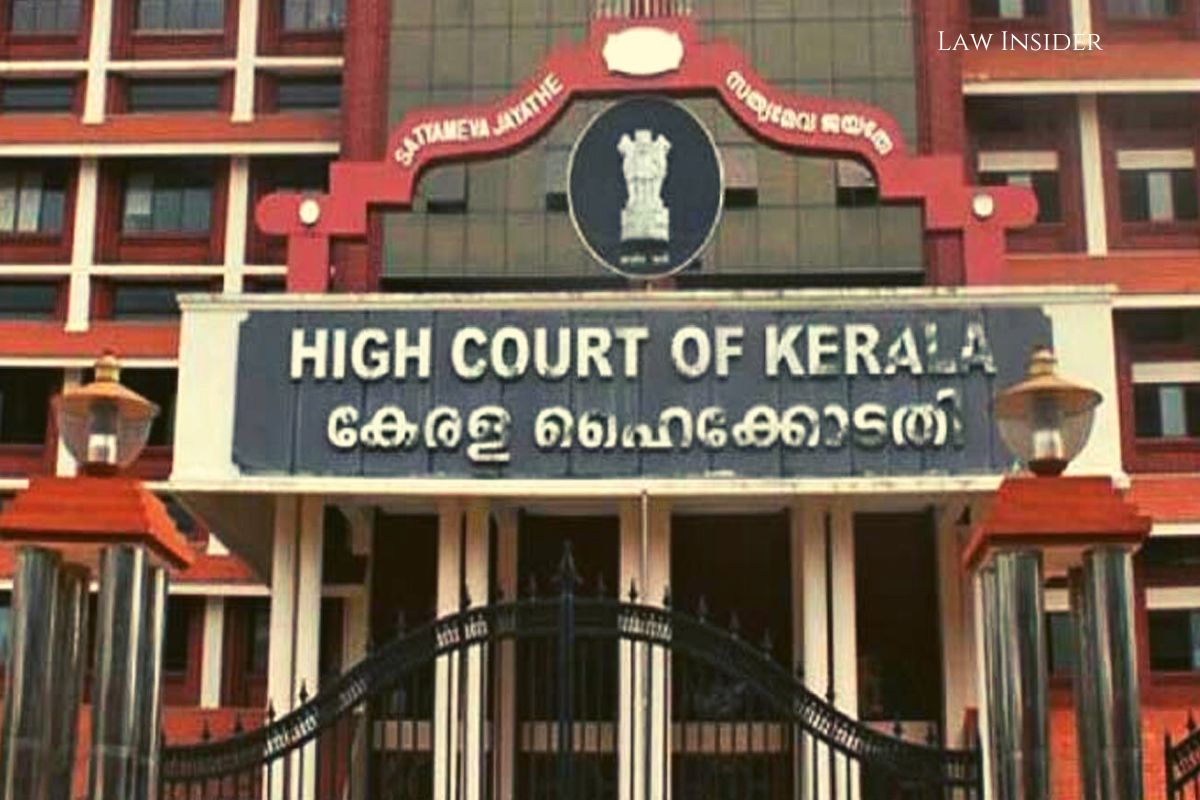LI Network
Published on: November 02, 2023 at 00:35 IST
The Kerala High Court has ruled that agreements between private parties concerning government property, which are unregistered, do not have any legal implication on the government’s right to the property.
The court made this observation in a case involving an unregistered agreement to sell a government property, which was used in an attempt to claim ownership rights over the property.
The High Court’s decision came during a regular second appeal filed under Order XLII Rule 1 read with Section 100 of the Civil Procedure Code (CPC), challenging a decree and judgment issued by the District Court.
The case in question involved a lawsuit seeking a prohibitory injunction to prevent the defendants from trespassing onto a government-owned property, damaging its boundaries and cultivation, and interfering with the plaintiff’s peaceful possession of the property.
Justice A. Badharudeen, a Single Judge of the Kerala High Court, emphasized the importance of treating claims over government properties with great seriousness and care, given the risk of unauthorized occupants, land grabbers, and encroachers harming the government’s rights and titles.
In this case, the plaintiff claimed the right to and possession of the property based on an unregistered agreement with a third party, K.V. Paulose. However, the defendants disputed the plaintiff’s right to the property and alleged that the agreement was created in collusion with Paulose solely for the purpose of filing the lawsuit.
The Trial Court ruled in favor of the defendants, stating that the agreement, which purported to convey a right to the immovable property with a value of over Rs. 100, should have been registered under Section 17 of the Registration Act.
It also noted that the agreement could not be used for a collateral transaction under Section 49 of the Registration Act because it was presented as evidence of possession, which is not considered a collateral transaction.
The Kerala High Court upheld the Trial Court’s decision, reiterating that an agreement conveying rights to immovable property with a value exceeding Rs. 100 should be registered.
The court further emphasized that unregistered agreements, such as the ones presented in this case, hold no legal validity.
The High Court also clarified that to admit and maintain a second appeal under Section 100 of the CPC, the court must formulate substantial questions of law, and this procedure is mandatory.
The court cannot decide second appeals based on equitable grounds, and the conditions mentioned in Section 100 of the CPC and Order XLII Rule 2 must be met to admit and maintain a second appeal.
Ultimately, the Kerala High Court dismissed the appeal, finding no merit in the case.
Case Title: Philomina v. Bernardshaw and Ors.

